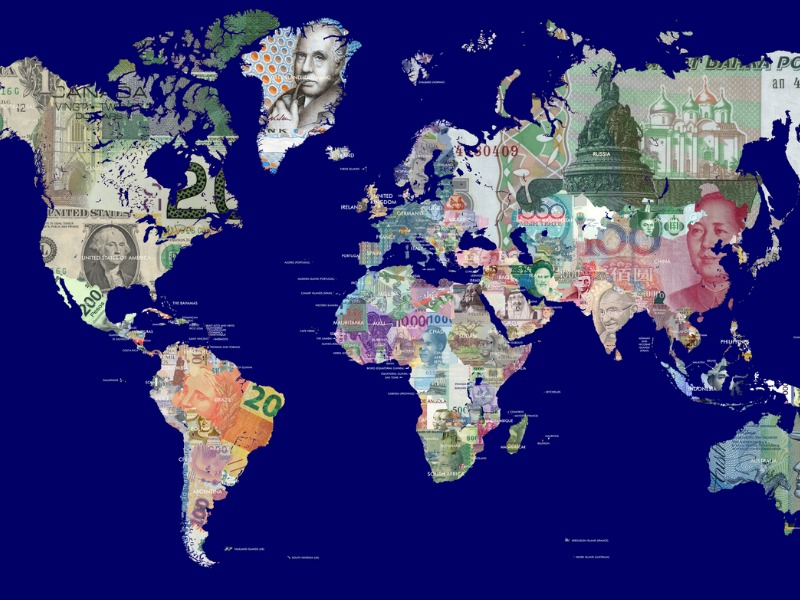
Cross-border banking claims jumped in the first quarter, rising by the third-largest total on record, according to data from the Bank for International Settlements (BIS).
In a report, the BIS said claims rose by $1.4 trillion (all figures in U.S. dollars) in Q1, pushing total claims to $35.9 trillion. Almost all activity flowed to borrowers in advanced economies ($1.3 billion worth), led by interbank claims ($903 billion).
The increase in cross-border activity came as economic headwinds increased.
“The resurgence of inflation, the war in Ukraine and the lockdown in China raised further challenges to the world economy in the first quarter of 2022,” the BIS said.
While claims typically increase in the first quarter as a normal contraction in year-end positions reverses in the new year, even on a seasonally adjusted basis, “the expansion was unusual,” the report said, with more than $700 billion in added claims.
Again, most activity went to advanced economies ($630 billion), while falling claims on China weighed on emerging markets.
The BIS also reported that cross-border claims on Russia declined, likely due to the imposition of economic sanctions in response to its invasion of Ukraine.
“This decline in foreign claims can include actual reductions in lending or securities holdings, as well as the impact of lower valuations and writedowns of the existing assets,” the BIS said. “[Divestitures] of local affiliates operating in Russia are reported to have played a role.”
Additionally, the liability side of global banks’ balance sheets in Russia shifted notably.
In the first quarter, net cross-border liabilities (liabilities minus claims) to Russia almost tripled, the report said. “This suggests that, in a process resembling capital flight, Russian residents may have shifted dollar and euro deposits from banks located in Russia to banks abroad.”
While BIS data for the second quarter won’t be published until October, the report said syndicated loan data, which is timelier, can provide earlier signals of cross-border credit trends.
Loan issuance to corporations in emerging markets turned negative in the second quarter, with loan repayments outpacing new issuance — suggesting that cross-border credit to emerging markets likely weakened in the second quarter, and cross-border claims may have contracted too.
Additionally, the report said higher-frequency data on syndicated loan and bond issuance “suggest that the deterioration in market sentiment following the start of the war in Ukraine and the broad-based surge in inflation, coupled with expectations of faster-than-anticipated policy tightening by the major central banks, weighed on foreign-currency credit to [emerging-market] corporates.”
Over time, tighter financial conditions will make it more expensive for emerging-market companies to refinance their foreign currency debt, the report said. Looking ahead, these companies have $158 billion in debt securities maturing in the second half of 2022, it noted.